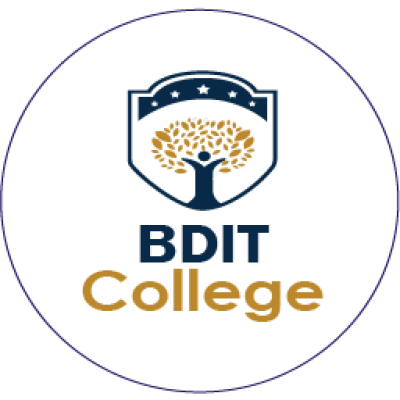Share
Print

We are reaching out to propose a transformative partnership with development partners, Non-Governmental Organisations, Research centres, academic institutions, Humanitarian Organisations, Well-wishers to advance inclusive and sustainable livelihoods for refugees and urban entrepreneurs in Kenya. BDIT COLLEGE has developed a program committed to empowering marginalized communities through innovative, market-driven solutions, and we believe that collaborating with your esteemed organization can amplify our impact.
Kenya hosts over 500,000 refugees, many of whom face significant barriers to economic inclusion, including limited access to financial services, legal permits, and markets. Urban entrepreneurs, particularly women and youth, also confront challenges such as inadequate business skills, restricted access to finance, and climate-related disruptions. These groups are vital to Kenya’s economic fabric, yet their potential remains underutilized due to systemic and structural constraints.
Our proposed initiative focuses on leveraging specific product value chain analysis and business development services (BDS) to create sustainable economic opportunities. By conducting rapid value chain analyses, we aim to identify high-potential sectors such as handicrafts, agribusiness, and plastic recycling that can integrate refugees and urban entrepreneurs into inclusive market systems. Our approach includes:
We envision a partnership that combines BDIT COLLEGE’s expertise in community-based livelihood programs with partner organizations strengths in, e.g financing resource mobilization, private sector engagement, financial inclusion, or policy advocacy]. Together, we can:
This partnership aligns with global frameworks like the Global Compact on Refugees, which emphasizes collaboration between humanitarian and development actors to promote self-reliance. By joining forces, we can empower refugees and urban entrepreneurs to transition from dependency to self-reliance, contributing to Kenya’s economic growth and social cohesion.
We kindly invite you to collaborate on this initiative. We propose an initial meeting to discuss potential roles, funding models, and implementation strategies. Please contact us at partner@bditcollege.org or Tel/WhatsApp +254722775855 to schedule a discussion or request our detailed project proposal.
Thank you for considering this opportunity to create lasting impact in Kenya’s most vulnerable communities. We look forward to the possibility of working together to build a more inclusive and sustainable future.
Sincerely,
Steve Okumu – Team Leader
BUSINESS DEVELOPMENT AND INNOVATION TRAINING COLLEGE
